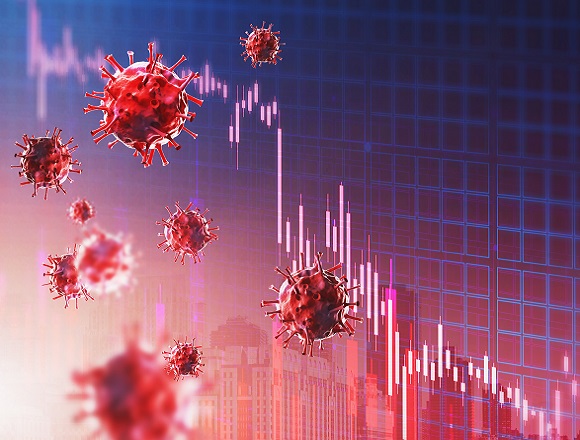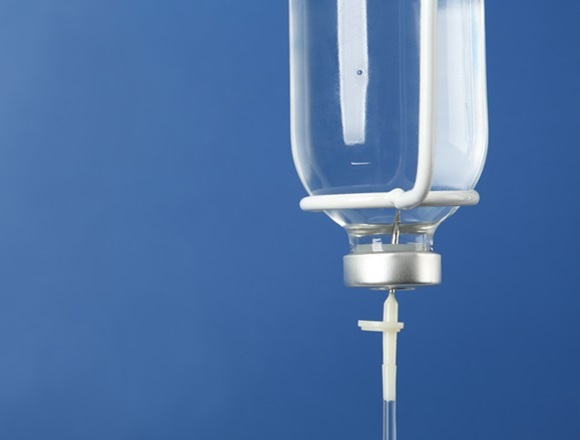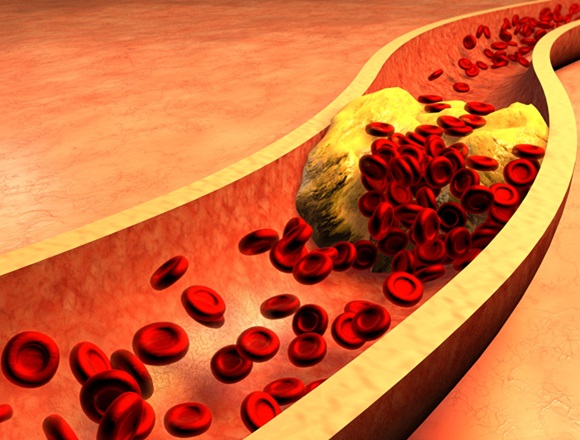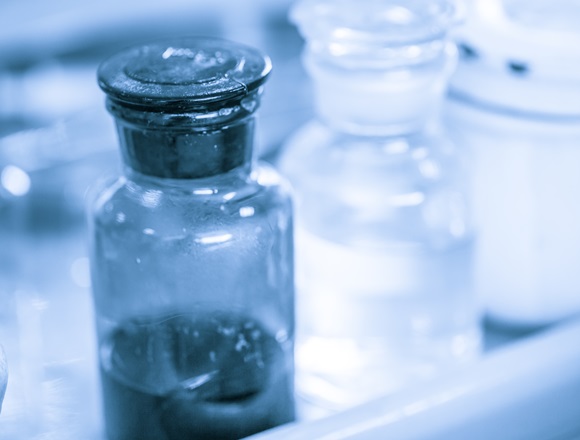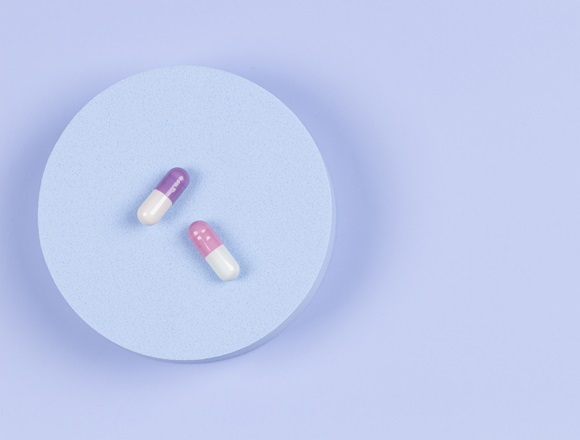References
Lau RI, Su Q, Lau ISF, et al. A synbiotic preparation (SIM01) for post-acute COVID-19 syndrome in Hong Kong (RECOVERY): a randomised, double-blind, placebo-controlled trial. Lancet Infect Dis. 2024 Mar;24(3):256-265. doi: 10.1016/S1473-3099(23)00685-0. Epub 2023 Dec 7. PMID: 38071990.Background: Post–acute coronavirus disease 2019 (COVID-19) syndrome (PACS, long COVID), with symptoms persisting for >4 weeks, affects 5% to 30% of patients after acute infection. Preliminary observational studies suggest that changes in the gut microbiome that accompany severe acute respiratory syndrome coronavirus 2 (SARS-CoV-2) infection occur commonly in patients with long COVID and that modifying the gut microbiome may have a beneficial effect on the composition of the microbiome and on symptoms.
Methods: This study included patients who had ≥1 of the 14 long COVID symptoms. The intervention included SIM01 preparation containing 10 billion colony-forming units of 3 bacteria strains (Bifidobacterium adolescentis, B bifidum, and B longum) and 3 prebiotic compounds improving the growth of those bacteria: galacto-oligosaccharides, xylo-oligosaccharides, and resistant dextrin. The content of the sachet with either the preparation or an identical placebo was administered directly by mouth or after mixing with room-temperature drinks twice a day for 6 months. The main outcome measure was resolution of symptoms by the follow-up visit at 6 months.
Results: The study included >460 Chinese patients (2/3 women, mean age ~50 years). The average number of symptoms in both groups was >8, including fatigue (~85% of all patients), memory loss (80%), difficulty in concentration (70%), insomnia (66%), mood disturbance (close to 60%), hair loss (46%), shortness of breath (over 60%), coughing (53%), chest pain (over 30%), muscle or joint pain (~60% each), inability to exercise (41%), gastrointestinal upset (80%), and general unwellness (64%).
The probability of resolution of each of the symptoms was higher in the actively treated group, reaching the level of statistical significance for all except hair loss, chest pain, and mood disturbance. For example, difficulties in concentration resolved in 62% versus 39% of patients, fatigue in 63% versus 43%, memory loss in 42% versus 27%, inability to exercise in 78% versus 60%, and coughing in 79% versus 67%. Additional findings included normalization of gut microbiome.
Conclusions: The authors concluded that SIM01 increased the probability of resolution of multiple symptoms of PACS at 6 months.
McMaster editors’ commentary: The results of this study bring some hope for patients with this long-term condition that lacks effective treatment options. However, prior to widespread use, those results require replication—not only because they seem almost too good to be true, but also because the study included a relatively small number of participants of a single ethnicity. The probiotic class effect versus the effect of a specific formulation will also be of utmost importance. So far, the findings may likely be described as very promising.
 English
English
 Español
Español
 українська
українська



